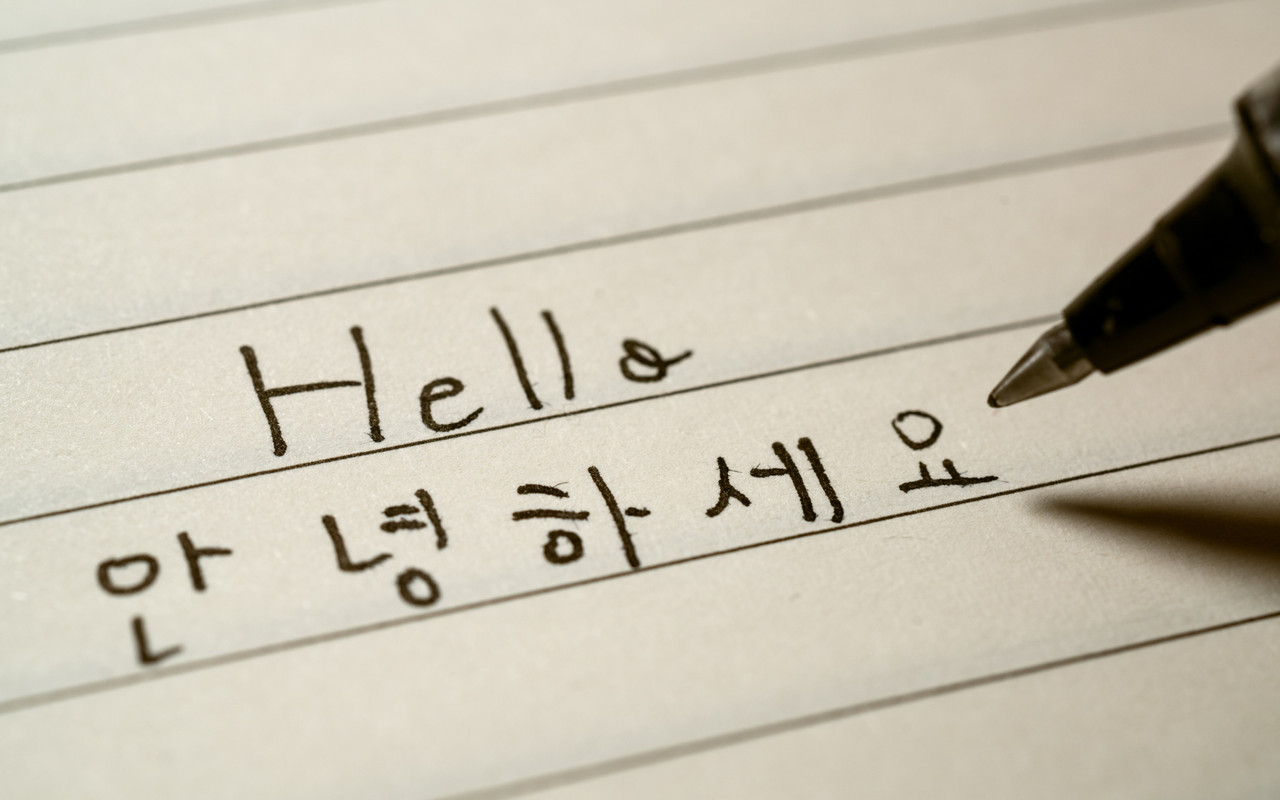The King Sejong Institute is a South Korean language and culture institution--supported by the Korean government--with 244 branches all over the world. In the grand duchy, the NGO “Maison de la Culture Coréenne au Luxembourg” has been hosting the school since the start of September 2022. Its director, Jinyoung Choi, tells Delano about the programme and benefits of learning a foreign language in a world where English is omnipresent.
Courses for anyone and everyone
The Korean culture house was founded at the end of 2021, with the aim of offering a door into the country’s culture to non-natives. So far, the school has attracted 58 students for its first semester. “Normally, they are young students in high school, who are interested in K-pop, and people who are in their 20s, 30s, 40s, 50s--the age range is really big--are either fans of Korean pop or dramas or movies,” Choi explains. This global interest seems to have increased during the pandemic and Netflix’s acquisition of many Korean titles, she notes.
Read also
Currently, there are five courses on offer, for beginner and intermediate language students. The Saturday morning class is already fully booked, Choi explains, but the other classes [which are listed ], which are about to start, are still open for registration “for any young adult and adult.”
Aside from learning about the culture--the school organises workshops around art, culture and cooking--prospective students can expect to learn conversational Korean. “We want our students to at least apply what they’re learning when they travel to Korea,” says Choi.
A relief, perhaps, for those who have been learning how to say “the red duck doesn’t drink milk on Tuesdays” on that famous app with the persistent owl mascot.
Trials to overcome
Choi’s school is, however, in its trial period: after one semester, the main institute will check if the branch is doing well, something Choi is confident in. “I’m sure we will be able to continue--there are already 58 [out of a maximum of 100] students signed up.” In the near future, the director hopes to launch intensive classes--“ideal before a trip to South Korea”--and online courses as well.
But, face-to-face learning is what the institute wants to promote. “I’ve been teaching Korean for many years and during the pandemic, we had online courses. Inevitably, the interactions between students are quite limited. In-person classes are much more dynamic.” It’s also more interesting for them to hold in-person courses as the institute “wants to create a community”.
Opening the mind to the world
For those who might find learning an Asian language daunting, Choi underlines that though the writing and sounds of Korean are very different, the alphabet is closer to the Latin alphabet than to Chinese and Japanese characters. While characters in these two languages can hold multiple meanings and readings, in Korean, a symbol represents one sound, that can be connected to other letters to create another sound.
The trickier parts, explains Choi, who has been in Luxembourg for 14 years, would be to adapt to Korean’s “scrambling language” structure--while in Germanic and Latin languages, the sentence has a set structure, in Korean, different components can go wherever, so long as the verb stays at the end. Plus, Korean is, as Choi puts it, “an emotional language.” She explains: “In China, Korea and Japan, we tend to see people not as individuals but as parts of a larger community. So people always want to be polite and create more harmony” which is reflected in the levels of politeness found in verb forms.
Read also
When asked why people should pick up a foreign language in a world that relies more and more on English, Choi explains that it is beneficial for building bridges between communities: “Our students will learn Korean culture through the language--the two are inseparable.” By learning the language, students will discover the mentality of Korean people, and get closer to them.
At the end of October, the school will also be celebrating the 60th anniversary of diplomatic ties between South Korea and Luxembourg--the number 60 is important in Korean culture--through various events, like , a and a
Those who aren’t so sure about picking up the language --or simply can’t find the time for it just yet--can already dip a toe in the pool by attending these events.
